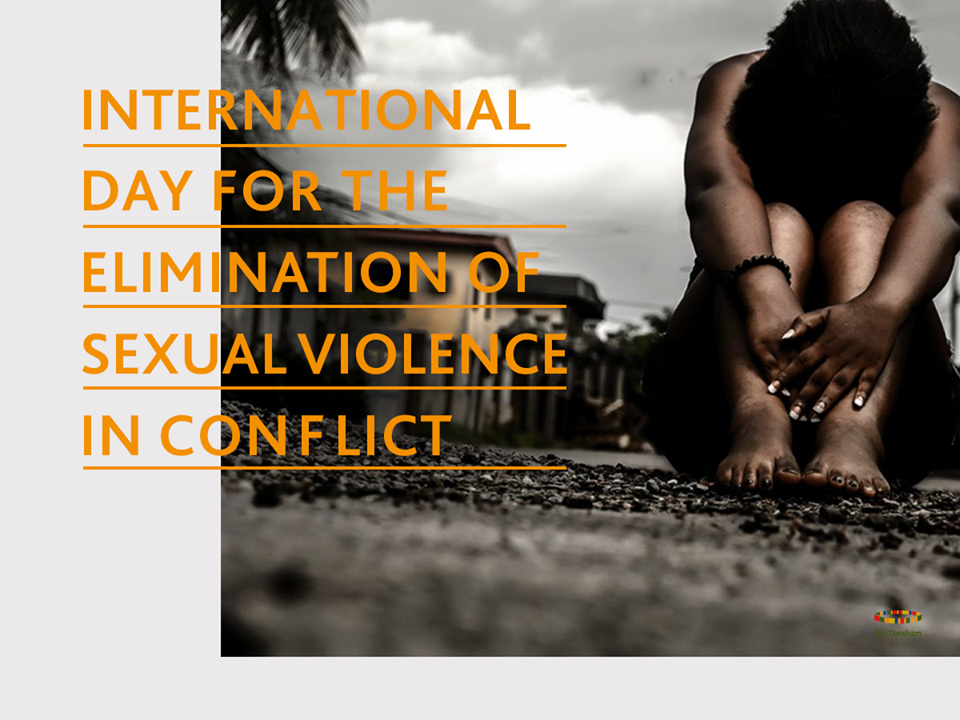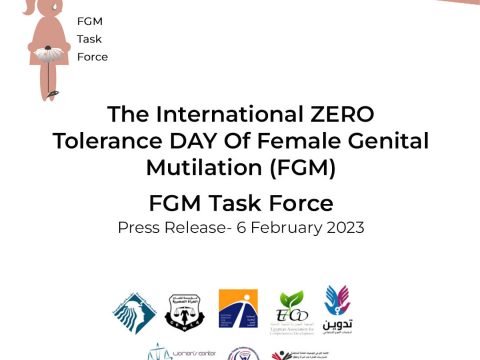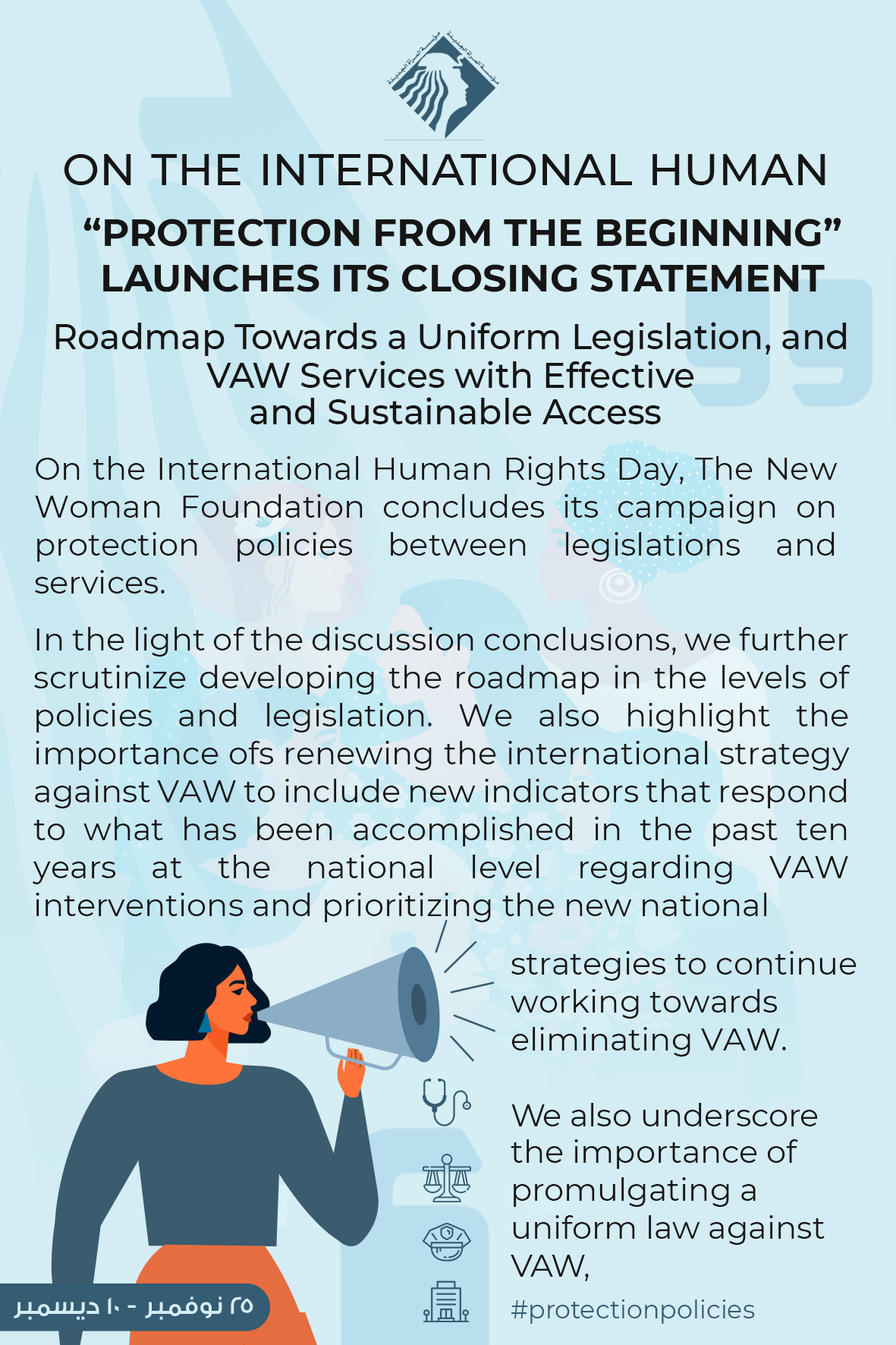- Contact Us
- 0020233382706
- nwrc@nwrcegypt.org
CSW’62 Document: Challenges and Opportunities for Achieving Gender Equality and Empowering Rural Girls and Women

International Day to End Obstetric Fistula 23 May
May 26, 2018
International Day for the Elimination of Sexual Violence in Conflict 19 June
June 19, 2018By: Nevine Ebeid
Each year, the United Nations issues a document of its CSW session; likewise, CSW’62 document on challenges and impediments facing achievement of gender equality and empowerment of rural girls and women. Ergo, this paper demonstrates the highlights of CSW’62 document and provides a clear vision in this regard.
Due attention should be given to the opening clauses of the documents that aimed to link and list different human rights references, including international conventions and declarations concerned with women’s rights, namely the subject of this year’s session (Empowering Rural Women). References were not restricted to human rights, the list expanded to include a huge number of development agreements that are binding to governments. The first three clauses tackled Beijing Declaration and Platform for Action as a binding feminist human rights reference, as well as CEDAW, the optional protocol, Convention on the Rights of the Child, International Convention on the Elimination of All Forms of Racial Discrimination, International Convention on the Protection of the Rights of All Migrant Workers and Members of Their Families, Convention on the Rights of Persons with Disabilities, Convention on Action against Trafficking in Human, International Covenant on Economic, Social and Cultural Rights, in addition to ILO conventions.
At another level, the outcome document referred to Declaration on the Right to Development, United Nations Declaration on the Rights of Indigenous Peoples, Rio de Janeiro Earth Summit, Paris Agreement, New York Declaration for Refugees and Migrants, International Conference on Population and Development and the outcome action plan, Programme of Action for the Sustainable Development of Small Island Developing States, Cooperation Agreement on the Forecast, Prevention and Mitigation of Natural and Technological Disasters, Addis Ababa Action Agenda, New Complementary Urban Agenda on Improving The Status of Women.
Furthermore, the document referred to binding regional conventions such as Cairo Declaration issued by the League of Arab, ESCWA declarations and conventions, and other regional agreements.
Similarly, the opening clauses emphasized CSW’s respect for the role of national mechanisms, including governmental institutions and national councils, in monitoring potential interventions for enhancing the situation of rural women and girls. They also stressed the international community’s respect for national legislation and national sovereignty of the official delegations participating in CSW’62
The document successively tackled a number of secondary issues relevant to empowering rural girls and women such as forms of discrimination that concern rural women including poverty, deprivation of education, access to health services, possession of land, food security, transport and freedom of movement, access to technology and digital communication, FGM and violence against women in the public sphere, and political participation of rural women
The outcome document took up particular issues and worked to highlight them and place them as priorities for action towards empowering rural women and girls. Said issues included issues regarding Health, where three points have been prioritized: rural women and girls’ access to health services, enhancing health insurance system, and provision of medicine.
Moreover, the document touched upon action towards ending violence against women and girls in the rural areas including sexual harassment in these areas where sexual violence is a practice kept untold. The document included a clause on ending violence against female children, and giving the priority to ending FGM, child marriage, and reinforcing the legislative and legal structure protecting local women from violence against them
A clause on fighting poverty and ending multidimensional poverty listed the various and intersectional aspects of disadvantages, including deprivation of regular education, lack of access to health services, inefficiency of the institutional structure, change of exchange rates, the impact of inflation on the basic needs and the unprecedent growth of its indicators. Such aspects can be measured through indicators of multidimensional poverty, as poverty indicators are no longer restricted to low income or shortage of finances. Oxford’s Poverty and Human Development Indicator (report on multidimensional poverty in Arab states). Additionally, the clause goes on to include rural women of disability as women who face intersectional discrimination.
Whereas the optional clauses, which are subject of controversy and negotiation among formal delegations, civil society, and human rights conventions committees, included numerous observations on various issues related to rural women, including on the health of rural women, the work on reproductive and sexual health issues of rural women and girls, unconventional conception of family and homosexuality, access to safe abortion.
Access to justice is no longer confined to birth registration of newborns as one of the key points in the main clauses of the document. Furthermore, the work on legal and legislative literacy of rural women has also been reduced to the optional clauses.
In regards to economic empowerment, escalation of cooperation with the private sector, as well as binding it to CSR duties, has subsided from the primary recommendations. Binding governments to hold development partnerships with the private sector has also declined. Whereas informal sector employment was removed from the main clauses, and were mentioned in the optional clauses of the document. Similarly, qualifying rural women vulnerable to environmental and economic crisis has been reduced, as has the work on forced labor and slavery, to optional clauses. Likewise, mention of migrant workers is now limited to optional clauses.
In the area of education, the concepts of sustainable education, technological and digital learning, were featured prominently in the main clauses, whereas compulsory education and access to traditional or basic education services subsided to the optional clauses.
In agriculture, work on food security and nutrition was a top priority of the main clauses, while access to land and documentation of land ownership were reduced to the optional clauses.
In regards to access to resources and enhancing the local environment, work on measuring efficiency of infrastructure, technological development, clean energy, safe transport, and sustainable communities was the top priority.
In respect of freedom of expression and freedom of association, enrollment in agricultural and trade unions remain in the main clauses, in addition to governments and civil society organizations’ partnership. While cooperatives, access to political participation and participation in political and organizational decision-making, as well as civil society in developing countries has been confined in the of optional clauses.
In the field of media, electronic and digital media, and rural women’s access to electronic information services were given a priority in the main clauses, while violation to the freedom of information and expression and the provision of traditional media receded to the optional clauses
The penultimate draft, made reference to the need for governments to provide gender-sensitive data, as well as the need for provision of data on women in comparison to men, as the subject has significantly become a subject of consideration on the international level.
In terms of financing of rural development, the main clauses touch upon the necessity for the governments to mobilize and provide resources for sustainable local rural communities that are less environmentally hazardous, and engage rural women and girls in resolution of armed conflict. In contrast, there has been no reference, throughout the document, to policies of international economy, including those of international financial institutions, such as the policies of the International Monetary Fund and the World Bank, which are working to enhance opportunities for development in developing countries.
ملاحظات حول الوثيقة النسخة الأخيرة
Notes on the final draft
- First and foremost, we should highlight that the CSW document is not binding; nonetheless, following CSW is an opportunity for networking, and thus for landing funds, as well as for practicing effective debating and negotiation, had the civil society work groups had the opportunity to hold consultation meetings with various official delegations to further pressure the withdrawal of pledges of national governments and binding them to more radical and effective interventions
- The 62nd session document did not make any references to the nature of the global economy, its impact on development interventions in developing countries, the nature of the new South-South blocs, as well as the importance of provision of support to them and the strengthening of their funds. There also was no mention of the efforts of countries such as China, Brazil and Chile as countries that can share funding and grants for development programs. CSW ignored any opportunities for dialogue on funds for development, and was limited to the traditional concept of the North countries as donors to poor countries of the South.
- The scarcity of concepts and terms of “inequality and equality” in the main clauses of the document, where they were replaces with other terms and vocabulary, such as the “development of the situation”, “improvement” and “enhancement”, which may indicate a decline in language of human rights despite the human rights charters having occupied nearly two-thirds of the opening preamble.
- Issues that have receded to the optional clauses and their importance to rural women, especially in developing countries, such as access to land and women’s ownership of land, the decline in the guarantee of political participation of rural women, the decline in work on reproductive health issues and sexual rights, despite being closely related to the work on issues of violence, in addition to governments abandoning their role in preventing encroachment of the private sector and investment policies. The lack of direct and major exposure to situation of civil society in developing countries as an integral partner in the development process. These are important indicators that contribute to identifying priorities of national action on women’s issues; however, there is an urgent need to resist the national groups, to work to pressure, and deal with the indirect and most influential factors of change and fluctuation of priorities, and adherence to national priorities, and the efforts to push in a difficult competition of international action on women’s issues.
Nevine Ebied
Program Coordinator




